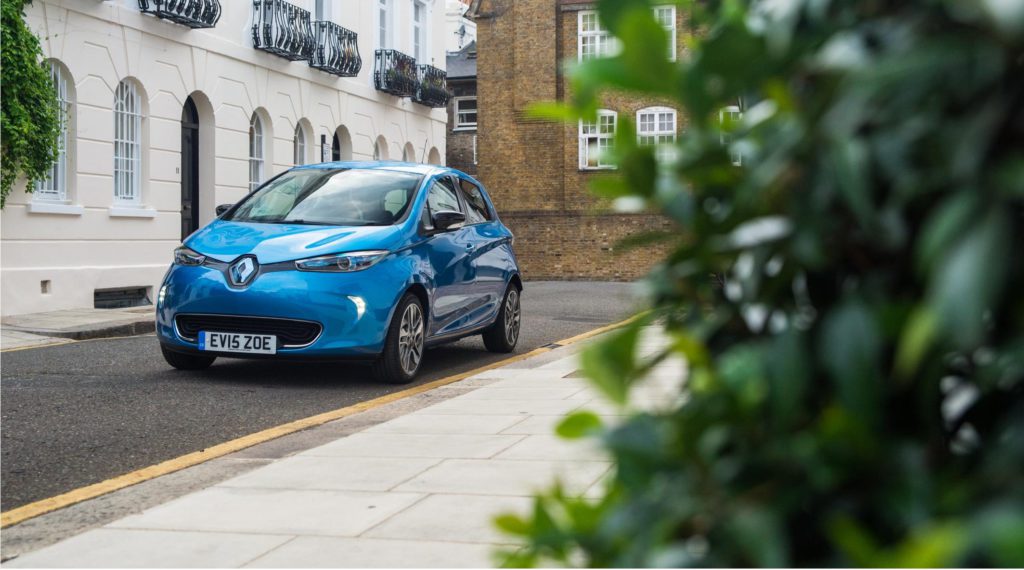FCA would have benefitted from Renault’s platforms in a merger deal
07 June 2019

7 June 2019
At the time of releasing our latest survey, the merger between Fiat Chrysler Automobiles (FCA) and Renault looked likely, with the subject dominating the news. Autovista Group sought opinions of what the benefits for both companies would be.
Since then, however, the proposed merger has fallen through. Nevertheless, the benefits the two companies would have received from such a move are still obvious, and in truth, this could be said of any potential merger or collaboration in the automotive industry. Therefore, the survey results can speak for any future deals in the market.
The most popular answer to the question in which area FCA and Renault would most benefit from a merger, was platform sharing, with 37%. FCA does well with its Jeep brand, and Renault would have access to a strong off-road pedigree it could tap into. FCA would be able to use the French carmaker’s underpinnings to save costs at Fiat and Alfa Romeo, while Renault would also gain access to Maserati, giving it a foothold in the luxury saloon and sports car markets, in which it has little presence.
Platform sharing would also represent a significant cost saving for both companies, with a merger halving the development cost for each company. FCA is slightly behind the curve in the popular SUV segment but Renault’s platforms would be key for the Italian business to catch up, and could underpin new models across all its brands.
A third (33%) of votes went to electric vehicle (EV) development. Again, this is an area that it is widely believed FCA lacks in, despite announcing the launch of a hybrid Alfa Romeo, and an electric Fiat concept, at the Geneva International Motor Show in March. Renault, however, has access to a strong EV platform through its alliance with Nissan, and experience with sales of its ZOE model. The French are also looking to bring costs down on the small battery electric vehicle (BEV) while ploughing ahead with hybrid investment.
This would give FCA direct access to established EV technology and therefore launch it forward in a market that is growing rapidly, with Audi, Daimler, Volkswagen, PSA Group and Toyota all pursuing electrification. Being left behind, therefore, will hurt future profits, so any advantage that FCA can take will give it a big boost.
Geographic coverage gained 21% in the survey results. This would possibly be a bigger benefit to Renault, as it would give the carmaker access to the lucrative US market, especially through Chrysler and Jeep. The off-road marque is FCA’s jewel in the American sector, and with knowledge and expertise, Renault may be able to increase sales in the region.
Also, FCA would benefit from Renault’s investments in China, especially in the EV market, while the Alliance with Nissan and Mitsubishi would have opened doors for the business in other Asian markets.
Any such merger between the two companies would have created the world’s third-biggest carmaker, after Toyota and Volkswagen Group, which would certainly increase the marketability of brands across the globe.
Finally, in a distant fourth place with just 9% of responses was a benefit in the field of connected and autonomous vehicles (CAVs). This is another area that Renault is investing in, and it is already designing cars for an autonomous future. Additionally, the French company’s concept cars are often the talk of the motor shows they attend, showcasing what a world with driverless cars would offer.
The subject of mobility gained no votes, despite Renault’s advanced position in the market due to its schemes in Paris. With mobility services offsetting drops in ownership, it is a market that more carmakers are looking to develop. Recent collaborations between Daimler and BMW serve to highlight just how important it is for car-sharing and ride-hailing schemes; a market FCA does not yet operate in.